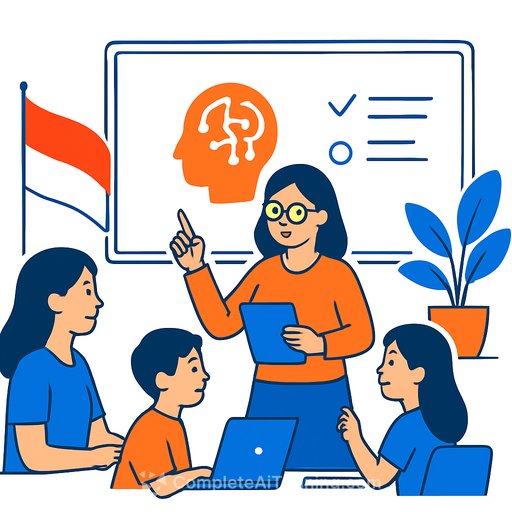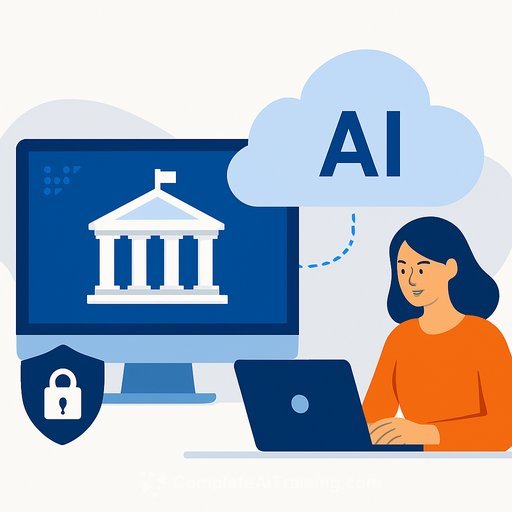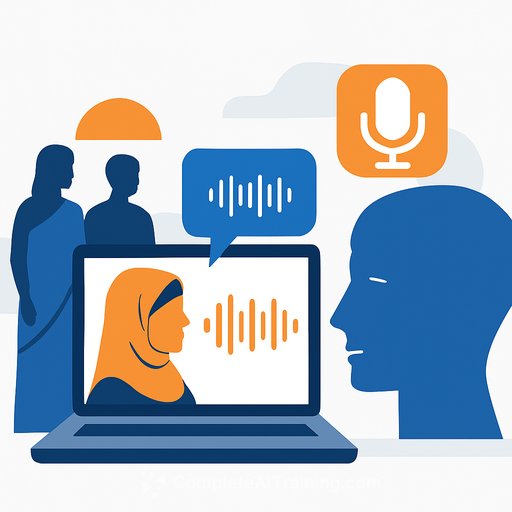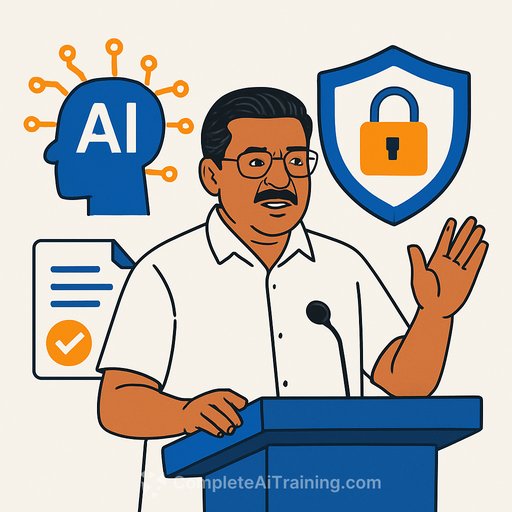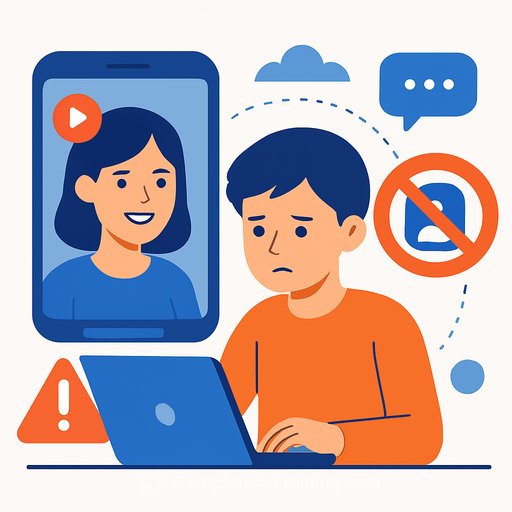Safeguarding Children's Critical Thinking: Indonesia Moves to Boost Digital Literacy Around AI
Indonesia is taking a firm stance on AI use among children. Deputy Minister of Communication and Digital Affairs Nezar Patria called for stronger digital literacy among parents and teachers to keep kids from becoming overly dependent on AI tools.
His concern is straightforward: if children offload too much thinking to AI too early, they risk weakening core cognitive skills. As he put it, the fear is "brain rot" - where the brain isn't used optimally because everything depends on AI.
Why this matters for government and schools
AI in classrooms can help, but without guardrails it can short-circuit the learning process. Early and frequent exposure, without guidance, can reduce practice in reasoning, writing, and problem-solving.
Parents and teachers with solid digital and AI literacy can set limits, ask better questions, and guide responsible use. That's where public policy, training, and procurement standards come in.
What the ministry is doing
- AI Talent Factory: A program to build AI talent that meets global standards. The goal is to grow developers, not just users, and support an ecosystem where this talent can thrive.
- Collaboration: The ministry welcomed representatives from the Indonesia AI Institute (Thursday, Nov. 6) and praised efforts to raise public awareness of risks from unwise tech use. Joint initiatives are on the table to develop digital talent and improve public literacy.
- Governance and ethics: The ministry has issued Circular Letter No. 9 of 2023 on AI ethics and is preparing a National AI Roadmap along with a Presidential Regulation on AI Ethics.
What government officials can do now
- Set age-appropriate AI use guidelines: Define clear thresholds for generative AI use in primary, junior high, and senior high levels.
- Update curricula: Bake in critical thinking, media literacy, source-checking, and prompt critique exercises.
- Train the frontline: Provide short-format upskilling for teachers and school administrators on AI basics, risks, and classroom protocols.
- Procure with guardrails: Require default safety settings, logging, and parental controls in education tools and devices.
- Mandate transparency: Students should label AI-assisted work and include a reasoning summary explaining what was done by the student vs. the tool.
- Data protection by default: Ban the use of tools that store student data for model training without explicit approval and clear retention policies.
- Local-language resources: Fund Indonesian-language guidance for parents and teachers, including examples, checklists, and classroom scenarios.
Practical guardrails for parents and teachers
- Co-use, don't outsource: Use AI together and ask students to explain the results in their own words.
- Time-box the tool: Limit AI use to brainstorming or checking steps, not full answers.
- Require rationale: For any AI-assisted task, students submit a short rationale and sources to keep thinking at the center.
- Balance with offline work: Keep regular handwriting, reading aloud, and mental math to strengthen memory and reasoning.
- Review data settings: Disable data sharing and history where possible; prefer tools with clear privacy controls.
- Set a home-school pact: Align expectations on AI use so students get one clear standard.
How to measure impact
- Learning outcomes: Reading comprehension, long-form writing, source evaluation, and step-by-step math reasoning.
- Process quality: Fewer copy-paste errors, clearer citations, stronger argumentation, and improved drafts over time.
- Usage visibility: Track tool usage volumes (time, prompts, features) to detect over-reliance early.
Policy context and further reading
For official updates on digital policy and AI ethics in Indonesia, refer to the Ministry of Communication and Digital Affairs. For global norms that complement local efforts, see the UNESCO Recommendation on the Ethics of AI.
Need structured upskilling pathways?
If you're planning training for educators or public servants, a curated course library can speed up adoption without sacrificing oversight.
The message is clear: let AI assist, but keep human thinking in the driver's seat. With stronger digital literacy for parents and teachers, Indonesia can protect children's cognitive development while building an AI-ready workforce.
Your membership also unlocks:

